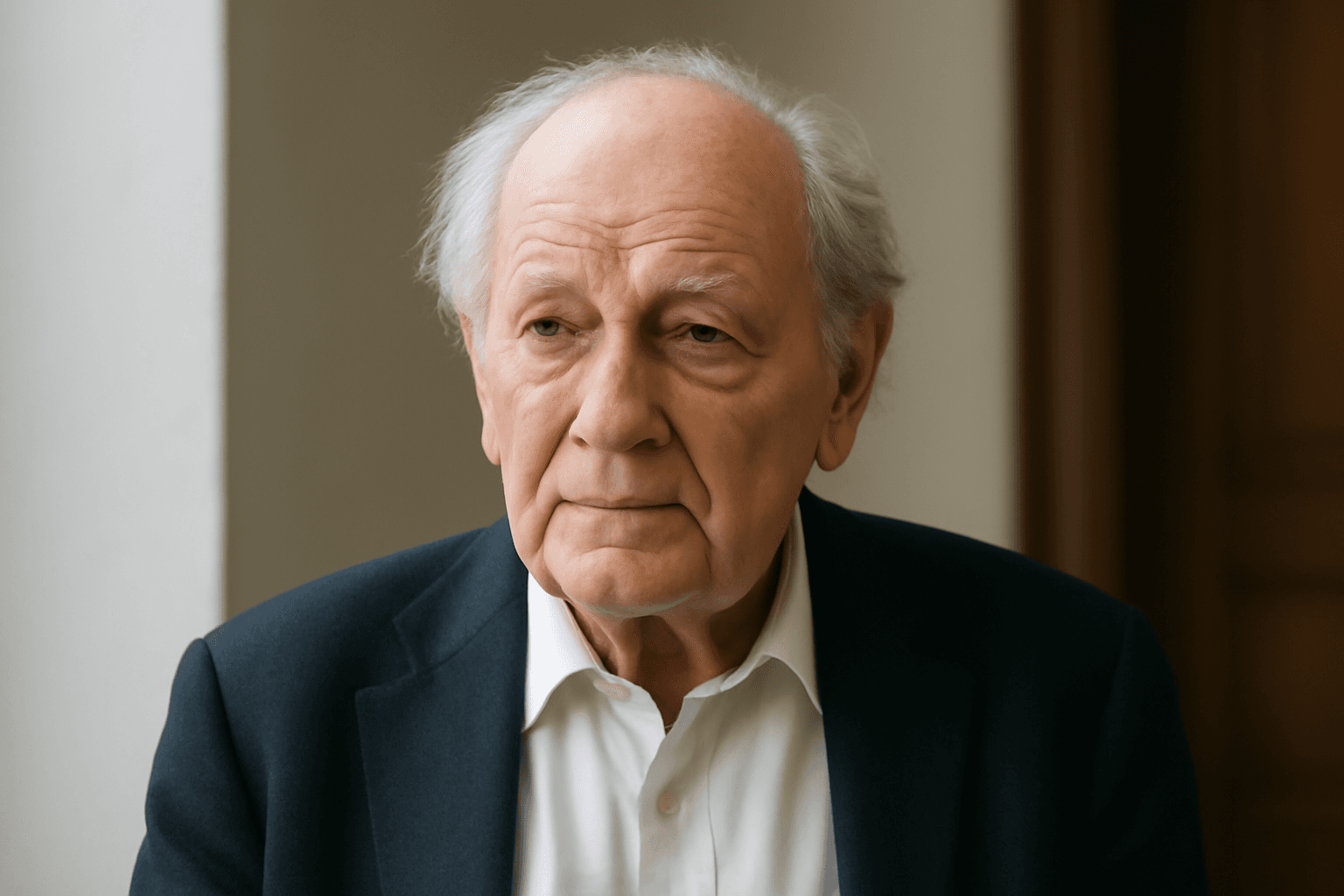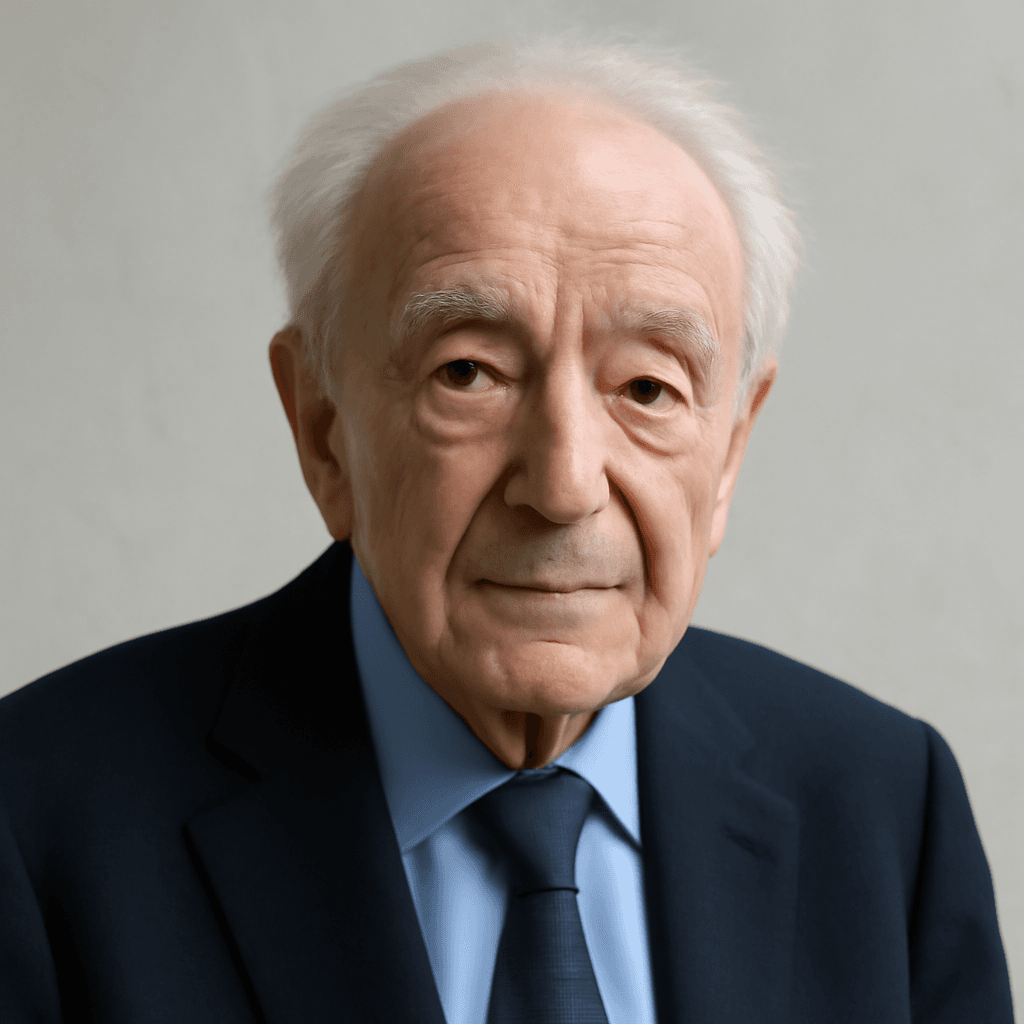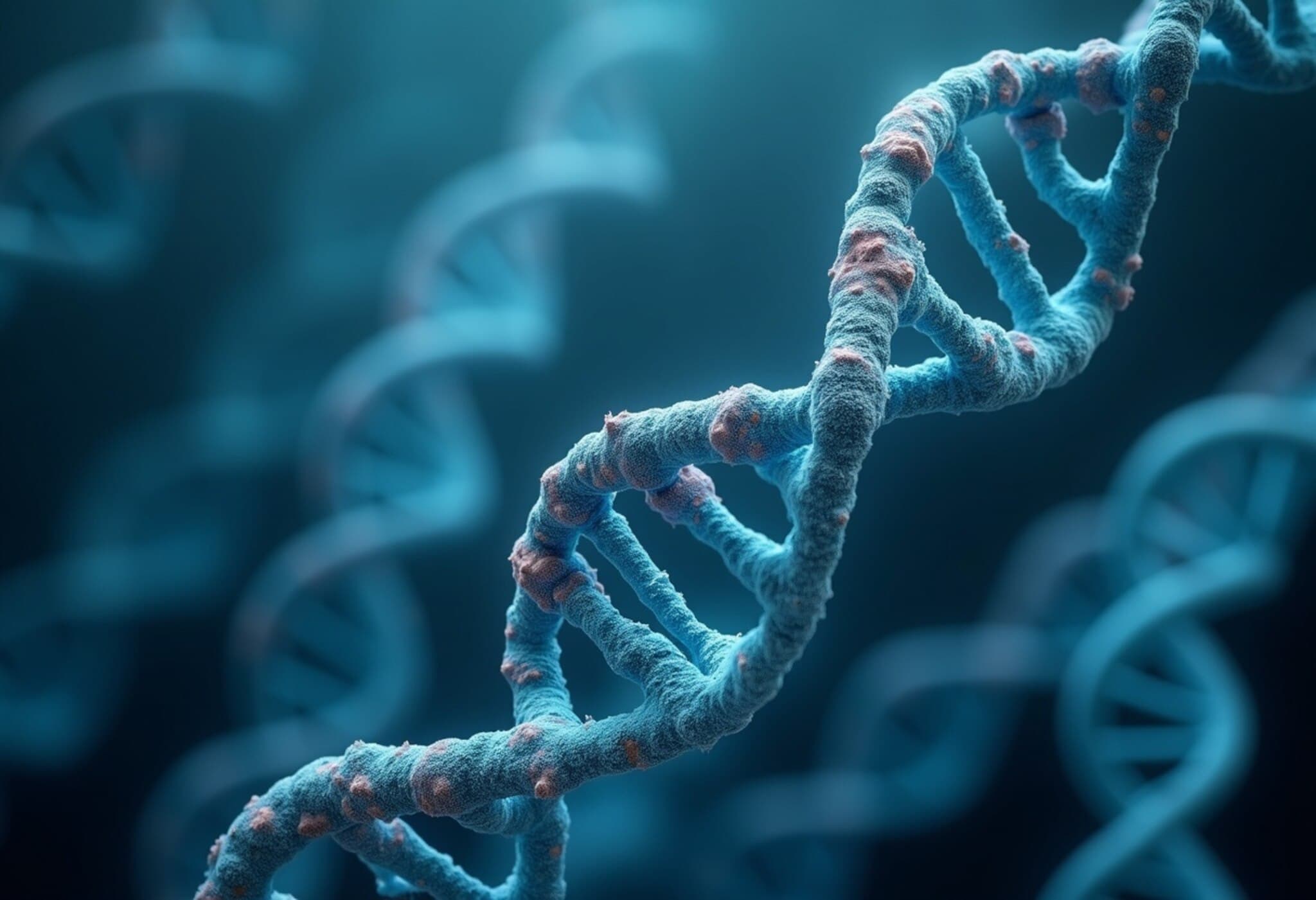Etienne-Emile Baulieu, a pioneering French scientist recognized for developing the abortion pill, passed away at the age of 98 at his residence in Paris. His groundbreaking work led to the creation of mifepristone (RU-486), a medication that has provided millions of women worldwide with a safe, affordable alternative to surgical abortion.
Baulieu's life was marked by significant achievements and diverse experiences. As a teenager, he joined the French Resistance during World War II and adopted the name Emile Baulieu to protect his identity. His scientific career was distinguished by a focus on steroid hormones, particularly sex hormones, which shaped his pivotal research on progesterone antagonists enabling the development of the abortion pill in 1982.
Aside from his scientific pursuits, Baulieu maintained friendships with prominent artists, including Andy Warhol, reflecting his appreciation for the arts and the complexities of the human soul beyond scientific understanding.
Throughout his career, Baulieu faced intense opposition and threats from anti-abortion activists, yet remained steadfast in his commitment to advancing women's autonomy and reproductive freedom. He publicly condemned legislative actions restricting access to the abortion pill, describing bans as regressive steps against women's rights.
In later years, Baulieu continued active research focusing on neurodegenerative diseases such as Alzheimer's and exploring treatments for severe depression, undertaking clinical trials worldwide. His dedication to research extended well into his nineties, underscoring his lifelong passion for scientific progress.
His efforts garnered numerous accolades, including France's highest honor, the Grand-Croix de la Légion d'Honneur, awarded in 2023, and the prestigious Lasker Award in the United States in 1989. French national leaders reflected on his resilience in the face of hostility and his enduring commitment to freedom and science.
Baulieu is survived by his wife Simone Harari Baulieu, whom he married in 2016, three children, eight grandchildren, and nine great-grandchildren. His legacy remains influential in medical science and women's reproductive rights.












